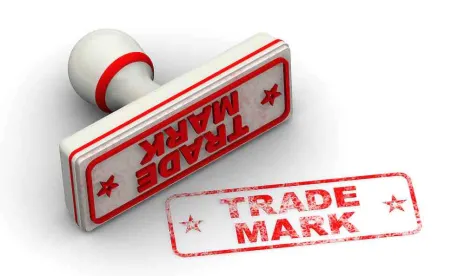The Trademark Modernization Act of 2020 (“TMA”) was signed into law at the end of last year, and we recently provided an overview of three key provisions practitioners and trademark owners should know about. Earlier this month, the United States Patent and Trademark Office (“USPTO”) released a notice of proposed rulemaking setting forth the rules and procedures implementing two of those changes: the new proceedings to cancel registrations in whole or in part, and the changes to the time to respond to office actions. The proposed rules also make some other changes to USPTO procedures regarding when attorney representation ends in a trademark and codifying the USPTO’s existing letter of protest procedures and handling of court orders affecting trademark registrations. The proposed new rules and procedures are summarized below:
New Expungement and Reexamination Proceedings
The proposed rules set a $600 fee per class for filing petitions for these new ex parte proceedings. The requirements and grounds for both petitions are mostly the same, differing primarily in that expungement is for marks registered under sections 1, 44, or 66 and that have never been used in commerce for the specified goods, and a reexamination proceeding is for marks registered only under section 1 that were not in use on or before the claimed date of first use (the filing date under section 1(a) or the allegation of use under section 1(b)). A petition for expungement can be filed any time between the third and tenth anniversary of registration, and a petition for reexamination can be filed any time in the first five years after registration.
The proposed rules also provide guidance as to the scope of the “reasonable investigation” required in these petitions by the TMA, defining it as “an appropriately comprehensive search […] calculated to return information about the underlying inquiry from reasonably accessible sources where evidence concerning use of the mark during the relevant period on or in connection with the relevant goods and/or services would normally be found.” It provides examples of such sources, including registrant and third-party websites and publications, registrant’s marketplace activities, and governmental filings and litigation.
If a petition makes a prima facie case of nonuse, an expungement or reexamination proceeding will be instituted by the USPTO. The proceeding will be in the form of an Office Action notifying the registrant of the proceeding and providing any evidence supporting the prima facie case of nonuse. The registrant will have two months to reply to the Office Action, by either providing evidence of use or deleting some or all goods and services in the registration. As in the examination of an application, if a response to an Office Action is insufficient, the Examining Attorney can issue a Final Office Action. Ultimately, if a registrant cannot demonstrate appropriate use in connection with any challenged goods or services, they will be deleted from the registration, up to and including cancellation of the entire registration.
New Time for Reply in Office Actions
At present, all substantive Office Actions in the trademark examination process have a six-month period for reply. The proposed rules would provide a three-month period for reply, extendible back to six months upon payment of a $125 fee. Notably, unlike the periods for reply in patent examination, this fee must be paid before the expiration of the initial three-month period. Unlike the other provisions of the proposed rules, which are expected to take effect at the end of this year, this new deadline would go into effect on June 27, 2022.
New Trademark Representation Rules
The new rules would preserve the appointment of an attorney even after an application or registration is canceled or abandoned. This is part of the USPTO’s ongoing efforts against the flood of misleading solicitations sent to applicants and registrants.
With the new nonuse proceedings endangering overbroad identifications of goods and the new shortened reply period, it is more important than ever to have experienced intellectual property counsel.




 />i
/>i

